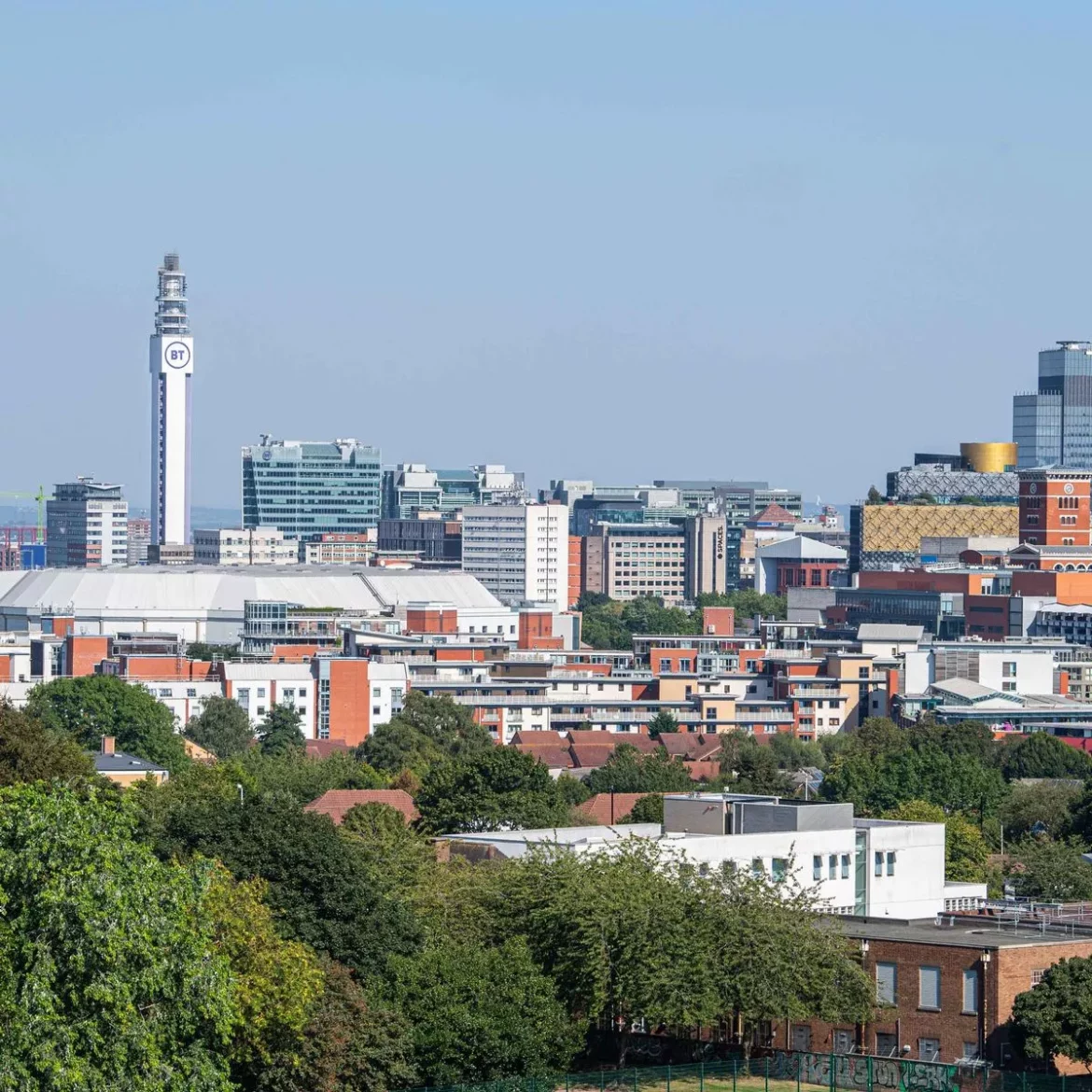A study has shown that cleaning up the air in the West Midlands could prevent the early deaths of about 2,000 people a year.
The study found that If the region were to meet World Health Organization (WHO) guidelines for air pollution, it could also avoid 2,000 new asthma cases, 770 new cases of heart disease, 170 new lung cancers and 650 strokes annually.
Among other things, the researchers also looked at how much money would be saved if the region had met WHO guidelines in 2021 and then stuck with them for the next 20 years. The main gain would be in fewer cases of long-term diseases, mainly asthma.
This would save an estimated £285m for the NHS and about £167m for social care. The broader economy would also gain with fewer days off work, creating a further benefit of £175m, on top of the obvious improvement in the quality of life for thousands of people.
Dr Suzanne Bartington, of the University of Birmingham, who led the study, said: “We wanted to gain a better understanding of how the health and economic impacts of poor air quality are distributed across the West Midlands. This will help inform a place-based approach to improving air quality and reducing health inequalities.”
Read also: Scientists say climate deniers like DeSantis hurt most vulnerable communities
Dr James Hall, who was said to have led on health economics in the study, said: “The disease burden attributable to air pollution reflects regional patterns of socioeconomic deprivation. The highest burdens are within densely populated urban areas, namely wards within Sandwell and Birmingham authority areas. If we achieved WHO guidelines, these same areas of deprivation would experience the greatest benefits.”
Bartington said that the health impacts of air pollution in the West Midlands were mainly attributable to long-term exposure to particle pollution. Other members of the University of Birmingham team are looking at where this particle pollution comes from.
For more than a year, Dr Deepchandra Srivastava and colleagues collected particle pollution from two locations in the city. One was in the south, on the university campus, and the second was next to a primary school in Ladywood, close to the city centre.
Story was adapted from the Guardian.
